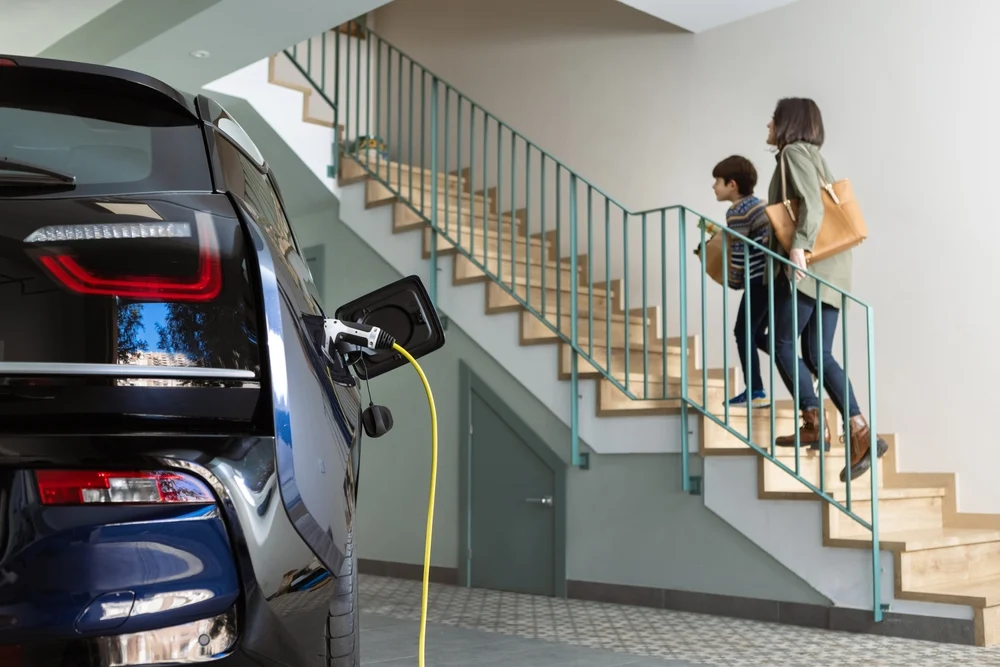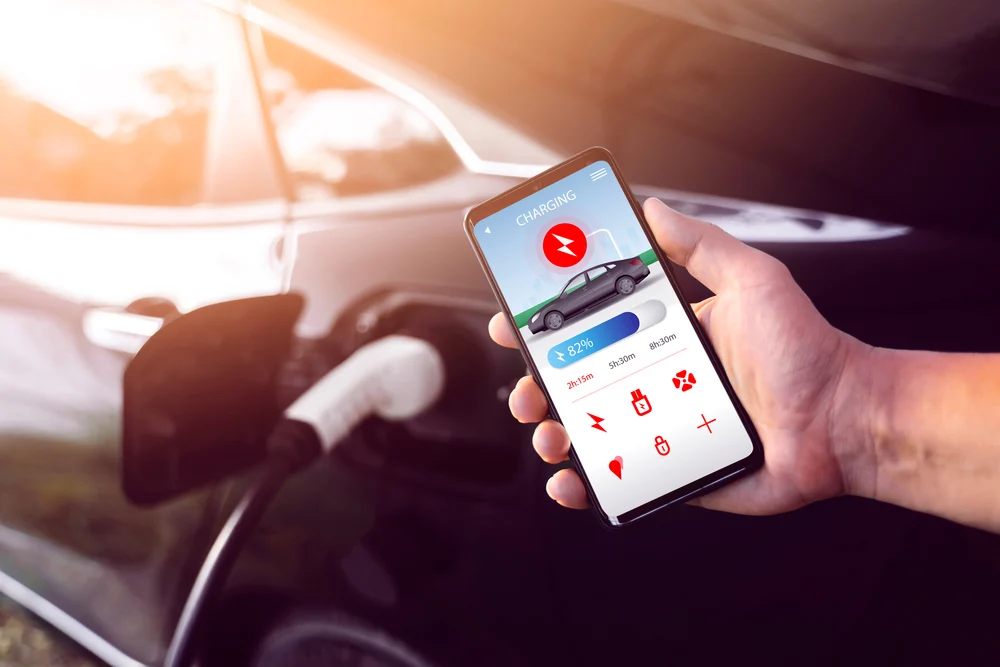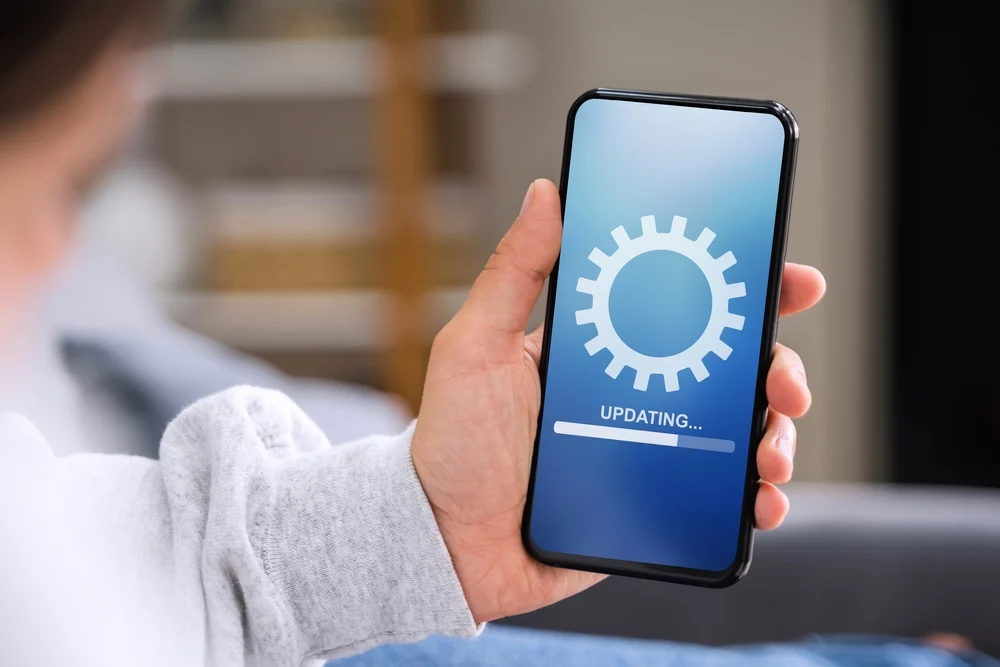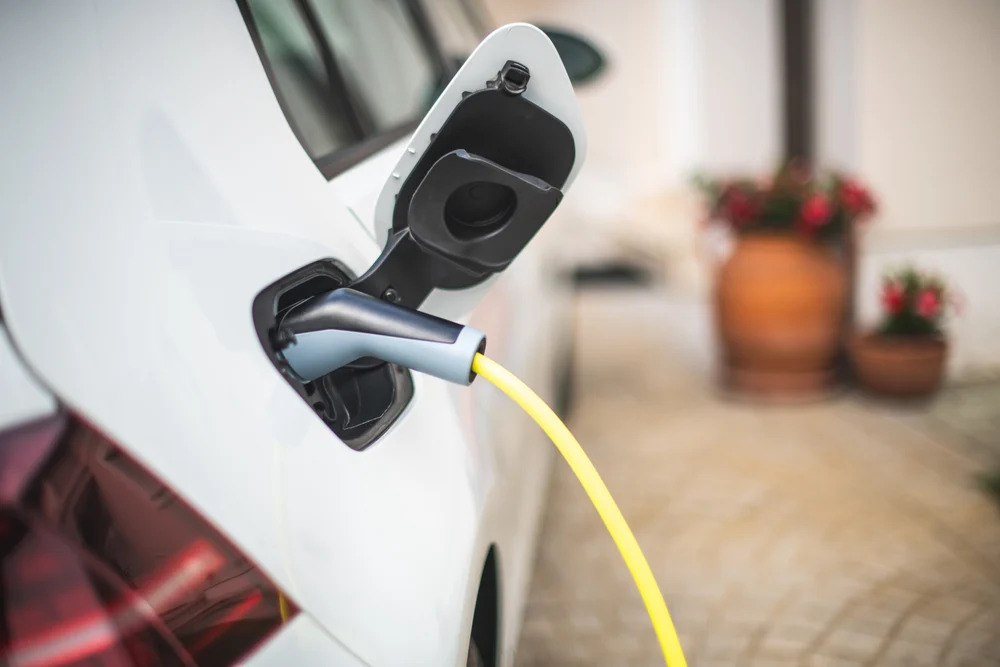Many people don't realize that an EV charger isn't just a tool to plug in your car—it’s becoming much more than that. Modern chargers, especially newer models, are increasingly connected, opening up a world of possibilities to enhance the charging experience. These chargers can communicate in real-time with the car, the driver, and the maintenance team, offering a level of control and insight that was unimaginable just a few years ago.
Government regulations are pushing the adoption of connected chargers. The UK already requires them, and similar mandates are expected in the EU and the US. According to a study by Berg Insight, the number of connected EV charging points is projected to reach 7.9 million by 2025, with annual growth rates of 33% in Europe and 25% in North America. Clearly, the demand for connected EV charging is skyrocketing. But what exactly is a connected EV charging station, and how does it benefit you as a driver?

What is a Connected Home EV Charging Station?
As the name implies, a connected EV charging station is a charger that can establish a wireless connection, usually via Bluetooth or the internet. This allows real-time communication between the charger, the EV driver, and the service provider. A connected charger gives drivers more control over their charging sessions and often provides valuable insights into the charging process and driver habits.
This connectivity is usually managed through a dedicated app, which lets users track and control charging sessions directly from their smartphones. Beyond active management, the connectivity also works in the background, making it easier to optimize performance, update software, and troubleshoot issues without needing to visit the site.
In contrast, a non-connected charger lacks this kind of communication and is limited to basic charging functionality. It doesn’t offer the same level of control or insight into the charging process.
Is Connected EV Charging the Same as Smart EV Charging?
Although “connected EV charging†and “smart EV charging†might sound similar, they’re not quite the same. Every smart charging station is connected, but not all connected charging stations offer smart charging features.
Let’s break it down further. Smart charging refers to a broader range of intelligent functions that can significantly enhance the charging experience. Features such as dynamic load balancing, vehicle-to-home (V2H), and renewable energy integration are examples of smart charging capabilities.

These smart features go beyond just being connected—they’re designed to make charging smarter, more efficient, and more tailored to the driver’s needs.
The Benefits of Having a Connected EV Home Charging Station
By connecting your charging station, you gain several advantages, both as a driver and as a service provider. For drivers, the main benefit is increased control and better insights into charging sessions. For maintenance teams, it allows for easier performance optimization, remote software updates, and troubleshooting—all of which contribute to a smoother overall experience.
Connecting to a Home Charging App
One of the biggest perks of a connected charger is the ability to manage your charging station more easily through a mobile app. These apps are designed to help you monitor performance, customize settings, and control charging sessions directly from your smartphone. Whether you're at home or away, you can stay informed about your charger’s activity.
Beyond basic monitoring, many apps offer advanced features like energy management tools, cost tracking, and even integration with smart charging functionalities. Some apps may also request permission to share diagnostic data, which helps improve the charger’s software over time. Most apps keep you updated on charging sessions via notifications, alerting you when a session ends or if there’s an issue.

Receiving Software Updates
Software updates are now a standard feature across most modern devices, from phones to smart TVs. Keeping your EV charger updated ensures it performs optimally and maintains data privacy. Since updates require connectivity, a connected charger is essential for staying current with the latest features and improvements.

Accessing Remote Troubleshooting
Connected charging stations make maintenance and service more efficient by providing real-time insights into the charger’s status. This allows technicians to diagnose problems remotely in many cases, potentially eliminating the need for an in-person visit. Even when an on-site visit is necessary, remote troubleshooting can help technicians gather critical information ahead of time, reducing downtime and saving costs.

As more people embrace electric driving and enjoy the convenience of charging at home, connected EV charging is proving to be a game-changer in managing the charging process efficiently. Connectivity is just one aspect to consider when choosing an EV charger. If you're planning to install a charger at home, there are many factors to explore. To learn more, check out our comprehensive EV charging guide, which covers everything you need to know when purchasing an electric car charger.




